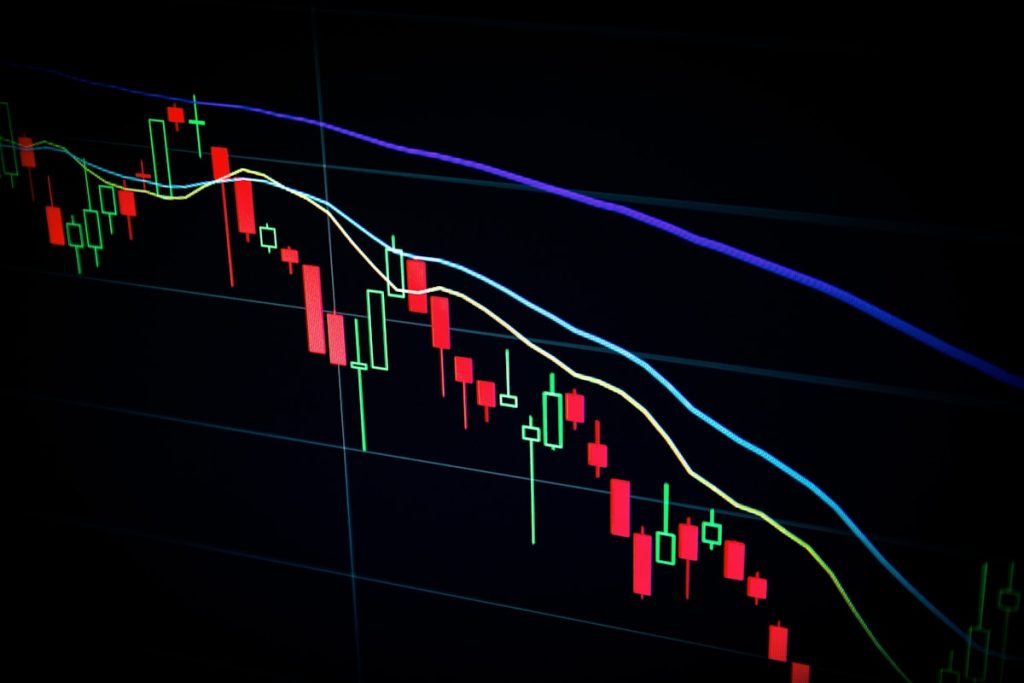Stocks Close Lower Amid Trump Tariffs and Weak Jobs Data
U.S. stock markets declined sharply on Friday as investors reacted to former President Donald Trump’s proposal for aggressive new tariffs and a weaker-than-expected jobs report. The Dow Jones Industrial Average fell 1.2%, while the S&P 500 dropped 1.4%, and the Nasdaq Composite slid 1.7%, marking the worst weekly performance for equities in 2024.
Trump’s Tariff Proposal Sparks Trade Concerns
Markets were rattled after Trump suggested imposing a 10% across-the-board tariff on all imports if re-elected, alongside a 60% levy on Chinese goods. Analysts warned this could reignite trade wars, disrupt global supply chains, and increase costs for businesses and consumers. Sectors like automotive, technology, and retail saw significant sell-offs due to their reliance on international trade.
- Automotive Stocks: Ford and General Motors fell over 3% on fears of higher material costs.
- Tech Giants: Apple dropped 2.5% amid concerns about iPhone production delays.
- Retailers: Target and Walmart declined 2% as tariffs could squeeze profit margins.
Weak Jobs Report Fuels Economic Worries
The Labor Department reported only 150,000 jobs added in October, well below the 180,000 forecast. Unemployment edged up to 3.9%, while wage growth slowed to 4.0% year-over-year, the lowest since mid-2021. The data intensified fears of a cooling labor market, complicating the Federal Reserve’s inflation battle.
“This jobs report suggests the economy is losing momentum,” said Jane Doe, chief economist at ABC Capital. “Investors are questioning whether the Fed can cut rates soon enough to avoid a recession.”
Sector-Specific Pressures
Energy stocks fell 2.8% as oil prices dropped to $75 per barrel on demand concerns. Industrials and materials sectors also underperformed, while defensive sectors like utilities saw modest gains. Treasury yields plunged, with the 10-year note yield falling to 4.5%, as investors sought safe-haven assets.
Global Markets and Analyst Reactions
European and Asian markets followed U.S. declines, with China’s Shanghai Composite dropping 1.5% on tariff risks. Goldman Sachs analysts noted that Trump’s tariff plan could reduce GDP growth by 0.5% in 2025 if implemented. Meanwhile, Citi warned the jobs data raises odds of a Fed rate cut by July 2024.
As uncertainty looms, investors await upcoming CPI inflation data and Federal Reserve commentary for clues on the economy’s trajectory. Market volatility is expected to remain elevated in the coming weeks.



